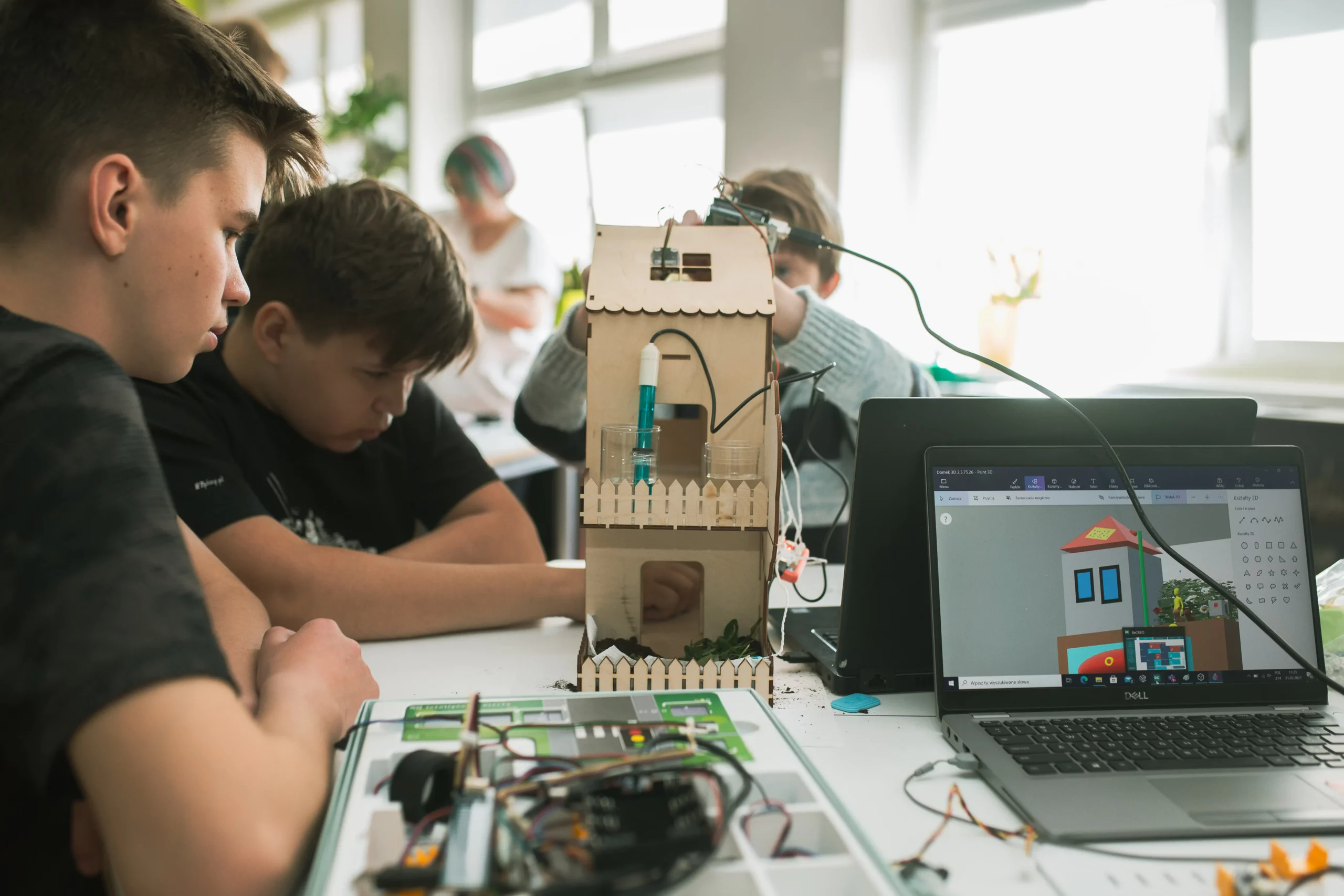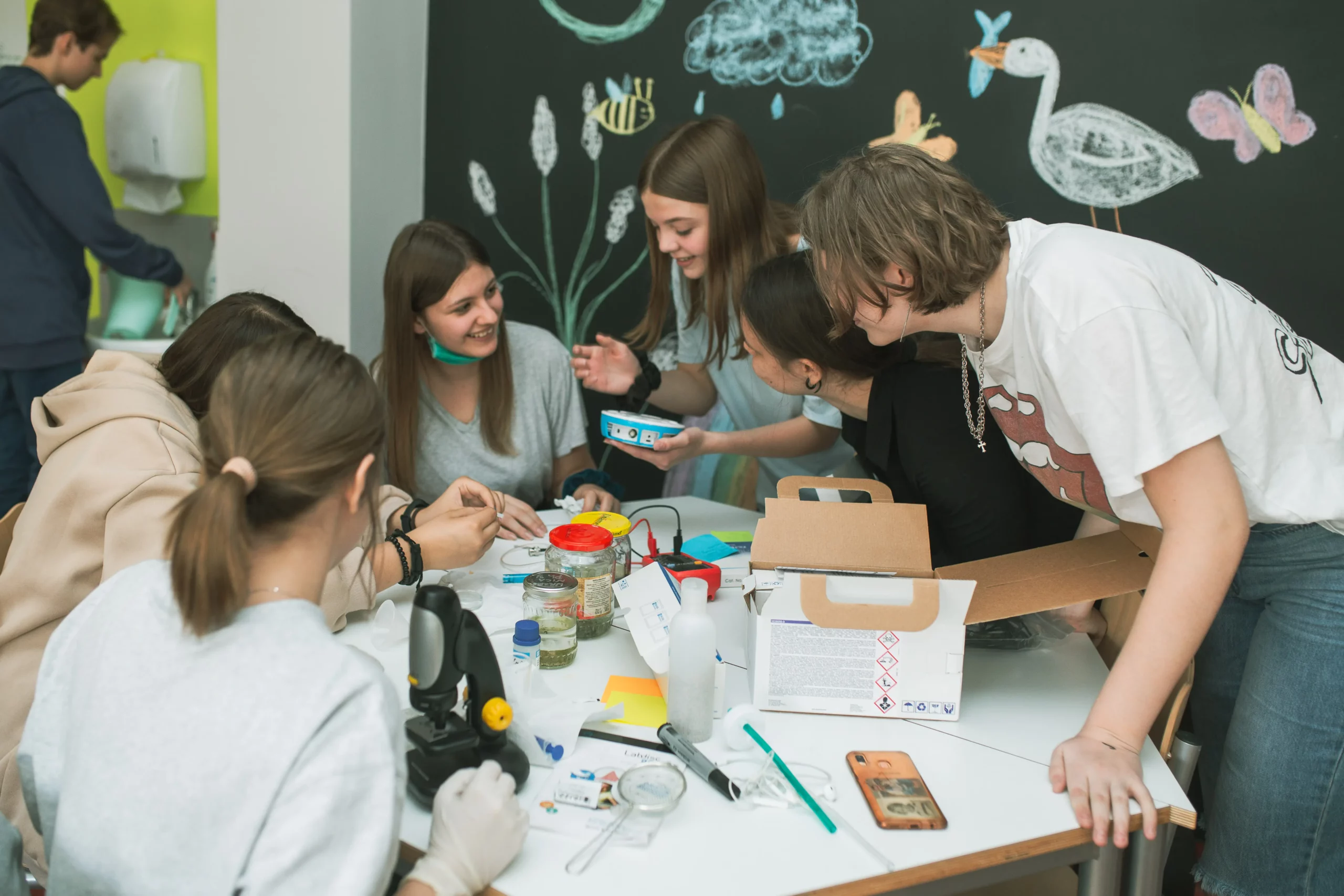Sustainable Ecosystem for Climate Education
Engaging students in climate action by making climate change education an integral part of school curricula in Lower Silesia.
Awareness Climate Policy Education

Project info
Czech Republic, Germany, Poland
10/21 - 01/24
Educational institutions, Local governments, Non-governmental organisations, Civil society
630,028.79 €
Contact info
Agata Juzyk
- Centre fro Environmental Education SEVER
- Eurosoc Digital gGmbH
- Marshal's Office of Lower Silesia Voivodeship
Background
The Polish education system has not sufficiently addressed climate change education in its core curriculum so far. Despite according requests from academia and civil society, systemic change is happening only slowly. Quality climate change education is indispensable, however, to ensure that youths are aware of their options to fight climate change.

Project
As the core curriculum is unlikely to change easily, the project team focuses on local authorities instead and motivates schools to incorporate climate change into their teaching and provide respective training to teachers. The project creates a model of extracurricular climate education that will be tested in eight schools across Lower Silesia. The model involves teachers, principals, municipalities, businesses, and NGOs from Poland, Germany, and the Czech Republic. Importantly, including them into the extracurricular activities fosters their overall commitment to the topic: together, they constitute an ecosystem of support that encourages and institutionalises climate change education at schools. Additionally, the project team develops a digital platform that allows the sharing of experience, knowledge, and training and education material. Once proven successful, the project team prepares the model as a ready-to-use solution for schools in other Polish regions, enabling the generation to come to take the bold climate action needed.
Last update: July 2024
